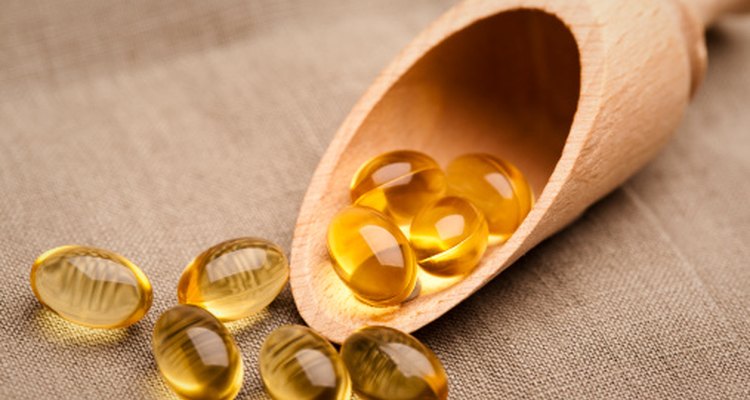
According to the Huntington College of Health Sciences, you will most likely experience progressive hair loss after the age of 50. Your hair can also become dry, brittle and thin. While certain topical treatments may help combat this, getting an adequate amount of nutrients, such as selenium and zinc, in your diet is essential for hair health. These minerals work with your body to encourage hair growth and help prevent future loss.
Significance
Hair is a bodily tissue and as such, it requires certain nutrients to maintain its health and ability to function properly. The Huntington College of Health Sciences states that if you have a selenium deficiency, it may inhibit your hair’s ability to grow, resulting in an overall thinning of your tresses. The College goes on to say that a diet with insufficient amounts of zinc may lead to a compromised immune system that can result in hair loss. Both of these minerals are essential for the health and growth of your hair.
Benefits
The University of Maryland Medical Center website states that selenium functions as an antioxidant and helps rid your body of the harmful effects that result from exposure to the sun and the environment. It also enhances your immune system, supporting your body's ability to maintain its proper functions, such as hair growth. Zinc is essential to your immune system as well, and it also has antioxidant properties. In addition, it strengthens your hair follicles and may help prevent certain types of hair loss.
Dietary Sources
Selenium occurs naturally in liver, butter, garlic, whole grains, certain types of fish and other foods, though the University of Maryland Medical Center website states that the selenium levels in these foods fluctuate. You can also take selenium as a supplement, and the Huntington College of Health Sciences recommends a dosing of 25 mcg to 50 mcg a day. Zinc can be found in oysters, red meat, poultry, shellfish and certain legumes and grains. As a supplement, 15 mg a day is recommended. Talk to your doctor before you begin taking new supplements.
Considerations
Healthy people who eat a balanced diet should not have a selenium deficiency, says the University of Maryland Medical Center website. However, if you smoke, drink alcohol, take birth control pills or have a disease that causes malabsorption, you may not be getting enough selenium. A zinc deficiency is also rare, though it is more common among elderly people. Your body absorbs the most zinc when it is consumed with a meal that includes protein.
Warnings
Selenium and zinc can interfere with certain medications. The University of Maryland Medical Center website warns that an overdose of selenium can be toxic, and too much zinc may actually harm your immune system instead of help it. Discuss new supplements with your doctor to avoid these side effects.
Related Articles

Pantothenic Acid & Hair Loss
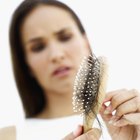
Is Zinc Good for Hair Growth?

Can High Doses of Vitamin C Get Rid of ...
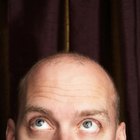
Chlorella and Hair Loss

L-Lysine for Hair Growth
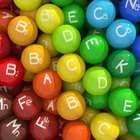
What Vitamins Help the Liver?

Vitamins for Mental Alertness
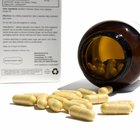
Nac & Hair Growth
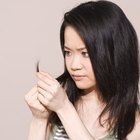
Dominant & Recessive Hair Colors

Nutrition Information on Blueberries

Eating Papaya for Thinning Hair

How to Reduce Acne Inflammation
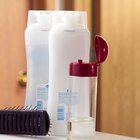
How to Control Frizzy Hair for ...

Foods to Prevent Jaundice

The Effects of Vitamin-D Deficiency on ...

Vitamin B2 for Hair Growth

Uneven Hair Growth

Can Age Spots Be Reversed?

What Are the Causes of Hair Shedding in ...

How to Make Your Hair Thick for Teen ...
References
Writer Bio
Lynne Sheldon has over 12 years of dance experience, both in studios and performance groups. She is an avid runner and has studied several types of yoga. Sheldon now works as a freelance writer, editor and book reviewer. She holds a Bachelor of Arts in English and art history from Boston University and recently completed her Master of Fine Arts in writing from Pacific University.
Photo Credits
Fred Froese/Photodisc/Getty Images